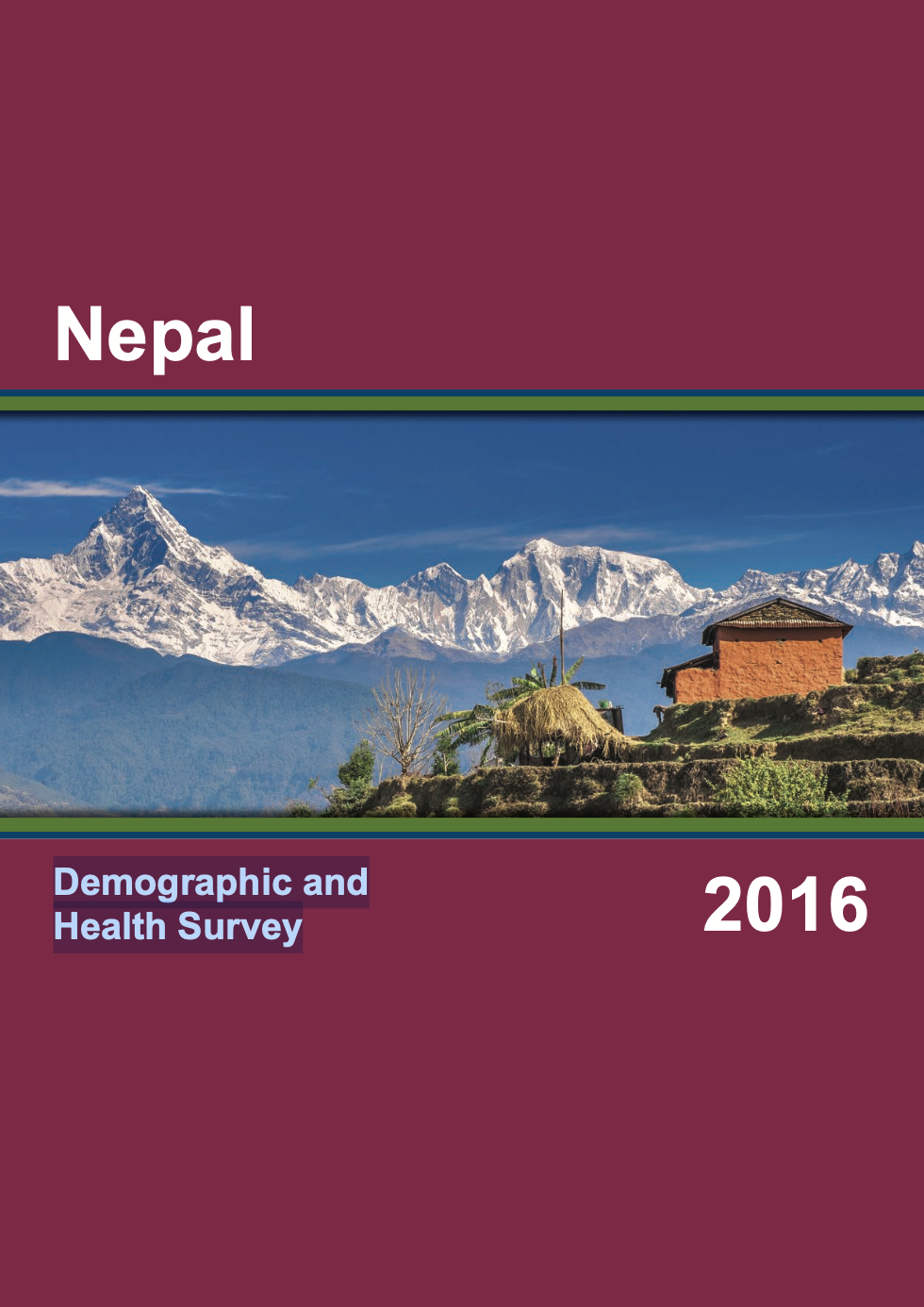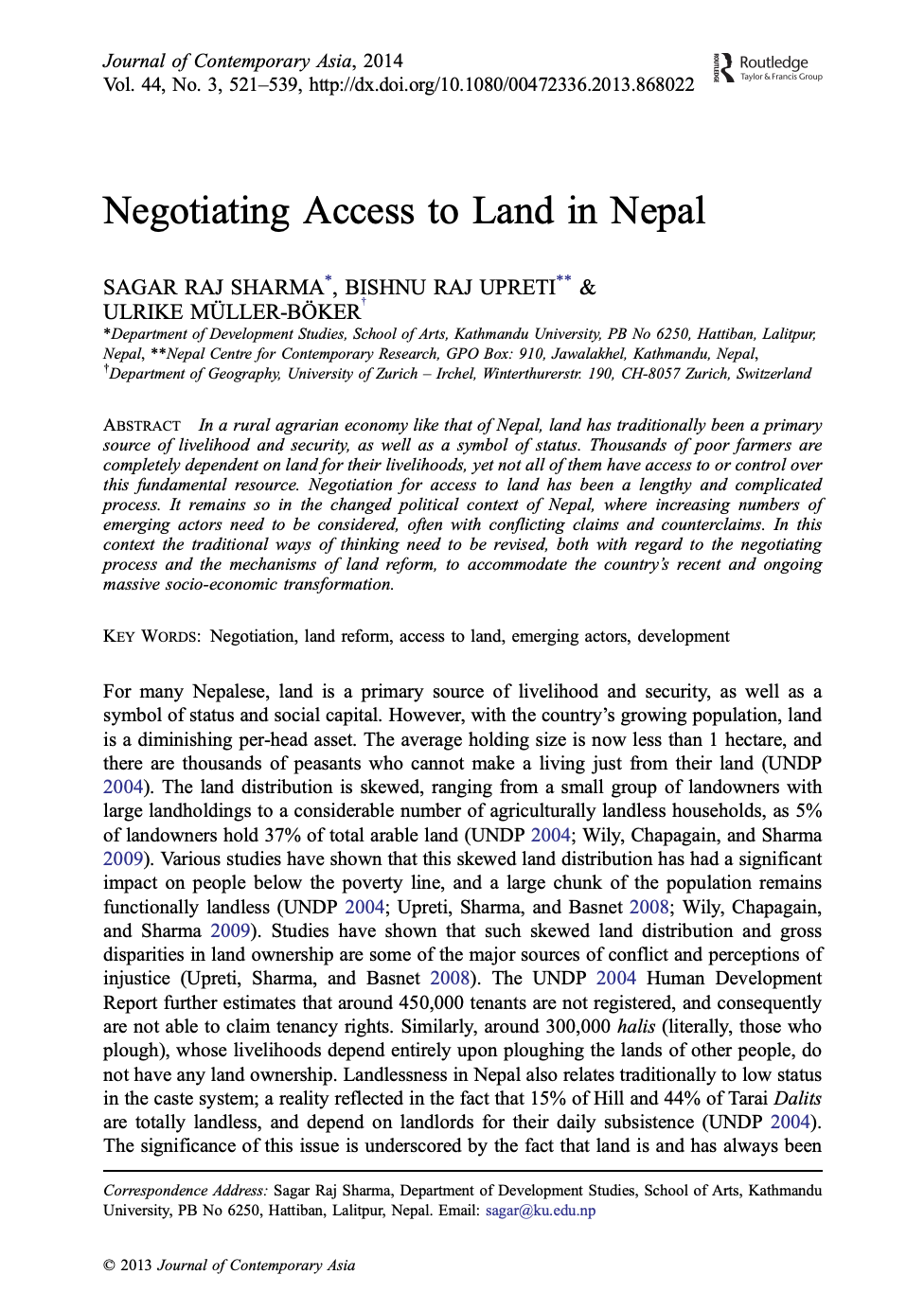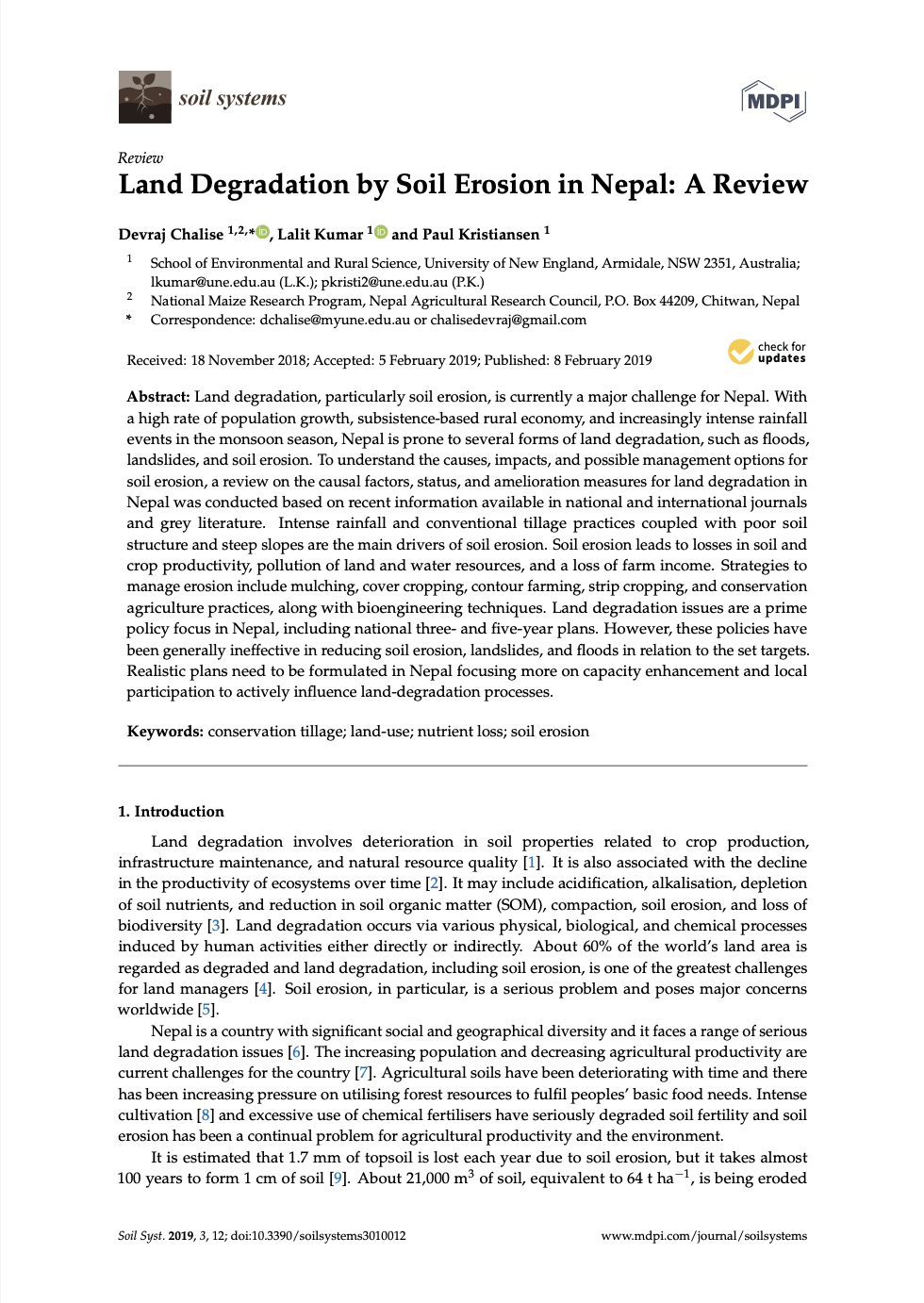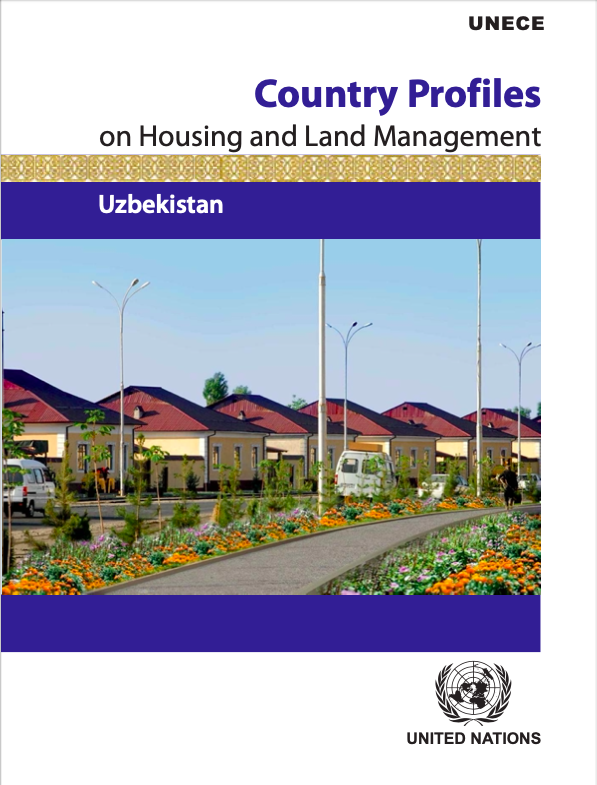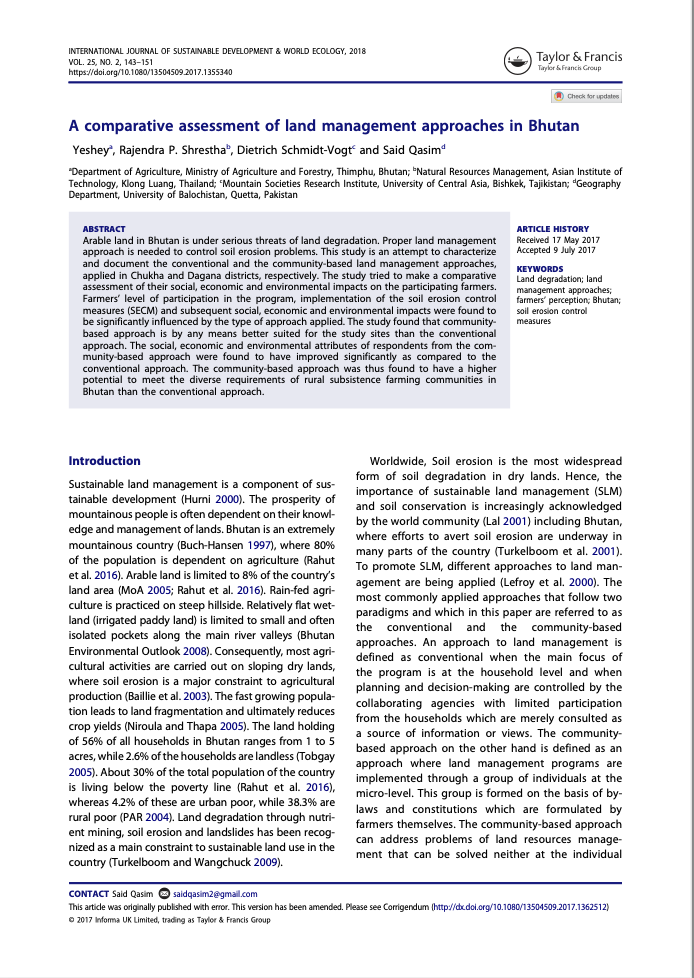Nepal Demographic and Health Survey 2016
The 2016 Nepal Demographic and Health Survey (NDHS) is the fifth survey of its kind to be implemented in the country as part of the worldwide Demographic and Health Surveys (DHS) Program. It was implemented by New ERA under the aegis of the Ministry of Health (MOH) of the Government of Nepal with the objective of providing reliable, accurate, and up-to-date data for the country.

